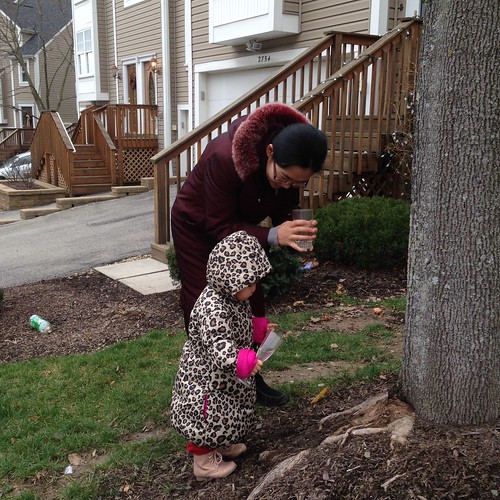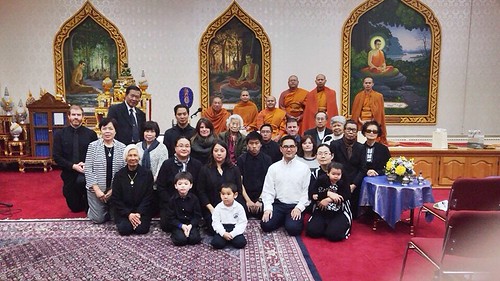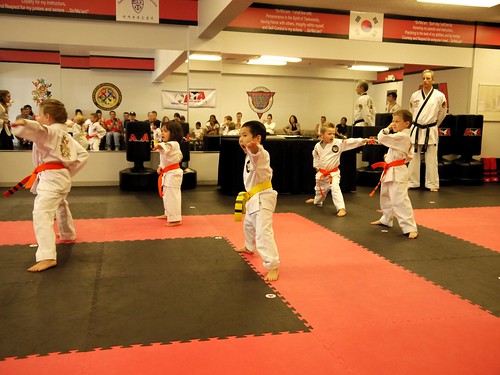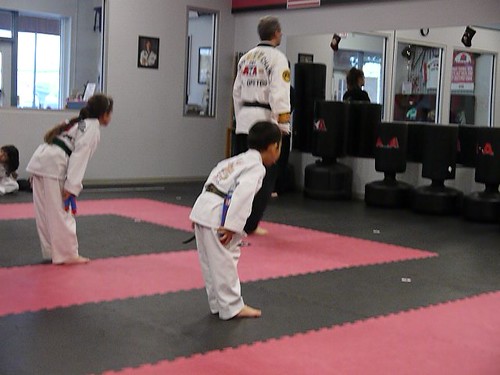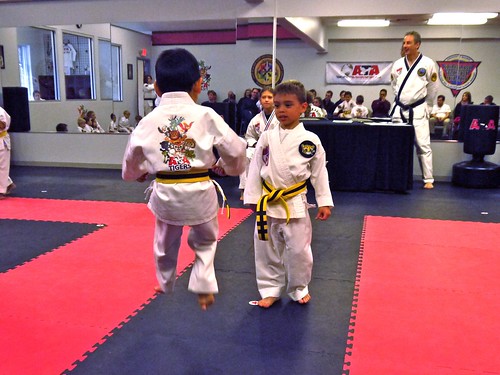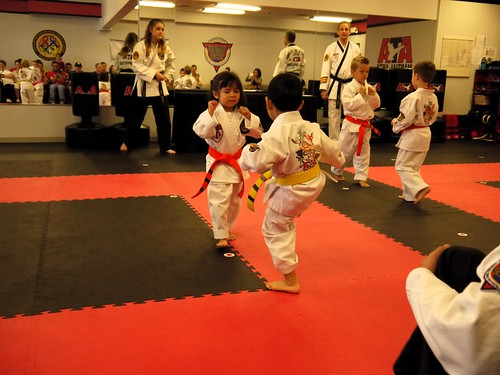T (5 yr old) decided that it was wakeup time. Note that today is a Saturday, and this was his school day wake up time. So I decided that if he was going to wake up, he would (1) eat breakfast and (2) play 21 questions (
https://www.pinterest.com/pin/169166529725642521/)
1. What is something daddy always says to you?
I don't want to play that game
2. What makes daddy happy?
Not fighting with T. (Note: fighting refers to the morning routine of waking t up, eating breakfast and getting to school)
3. What makes daddy sad?
Fighting with T.
4. How does daddy make you laugh?
Tickling T
5. What was daddy like as a child?
Crawl a lot. When you (daddy) was really little you did not know how to walk.
6. How old is daddy?
25
7. How tall is daddy?
51 inches (T is 40 inches)
8. What is daddy's favorite thing to do?
Play LEGO
9. What does daddy do when you're not around?
Working or doing ATA (Note: taekwondo)
10. If daddy becomes famous what will it be for?
I don't know
11. What is daddy really good at?
Pushing LEGOs together
12. What is daddy not very good at?
Playing piano
13. What does daddy do for his job?
Type letters
14. What is daddy's favorite food?
Turkey (Note: Thanksgiving was last week)
15. What makes you proud of daddy?
When daddy draws in the lines
16. If daddy was a cartoon character who would he be?
Superman
17. What do you and daddy do together?
Make LEGO
18. How are you and daddy the same?
We are both boys
19. How are you and daddy different
I (T) am short and you (daddy) are tall
20. How do you know daddy loves you?
Daddy reads to T
21. Where is daddy's favorite place to go?
ATA (taekwondo school)


